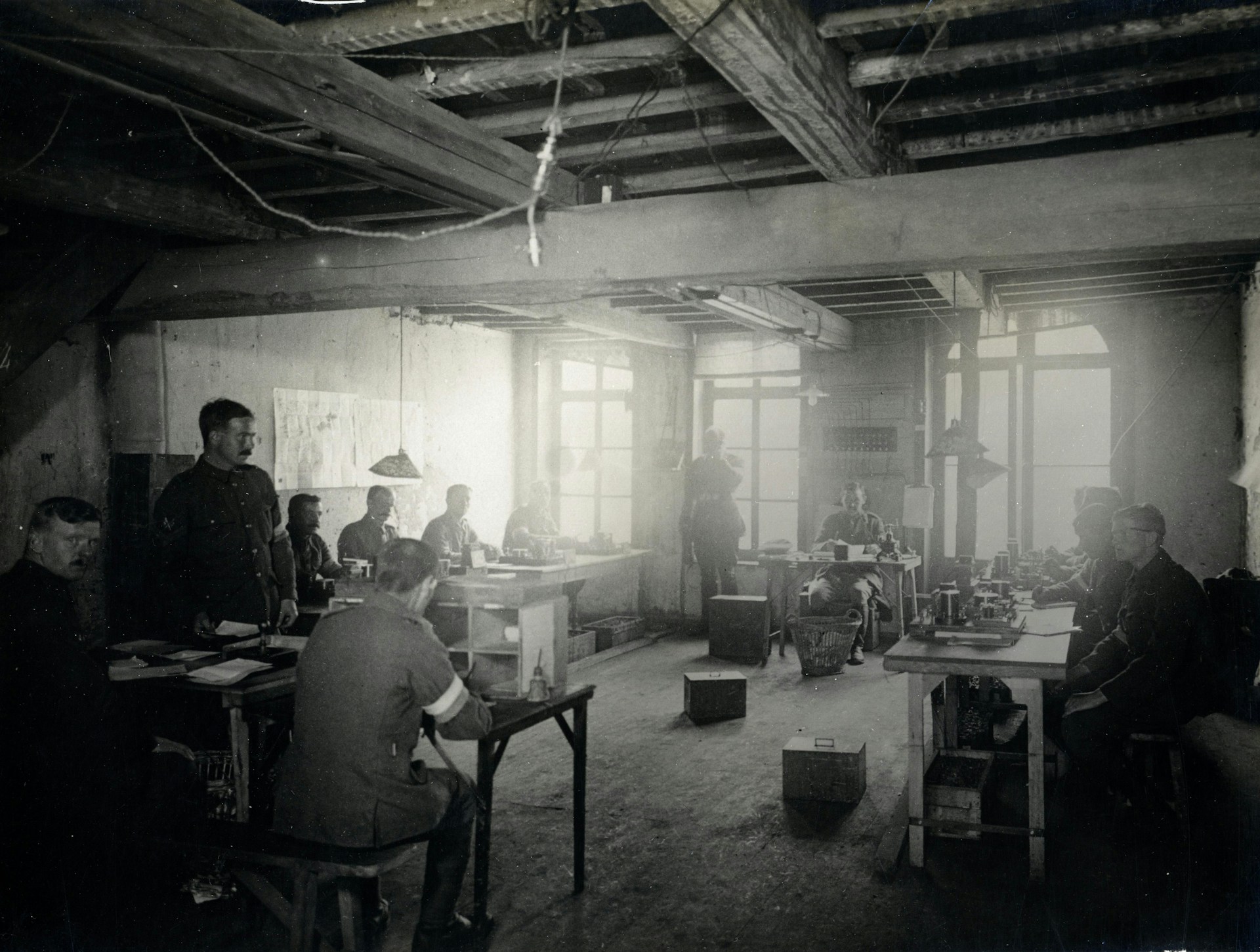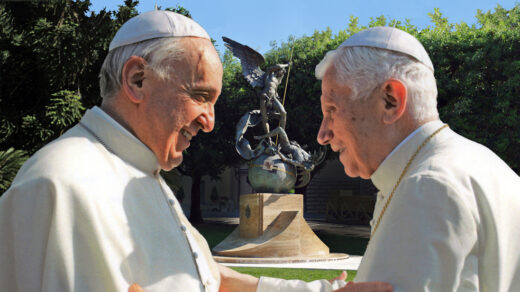When I first met Yigal Carmon in November 1988, he was counter-terrorism adviser to Israeli Prime Minister Yitzhak Shamir, a position he held under Shamir’s successor, Yitzhak Rabin, until 1993. If memory serves, our meeting took place in a room in the basement of the Israeli Ministry of Defense in Tel Aviv. During that conversation, which extended over ninety minutes, I watched Yigal handle calls on three or four different telephones, switching seamlessly from Hebrew to Arabic to English, making what might be life-or-death decisions about reported terrorist threats—and then picking up the threads of our conversation without missing a beat. It was an extraordinary demonstration of grace under pressure.
On September 1, 1990, Yigal was my driver to, and guide at, Masada, Herod the Great’s rock-plateau fortress, to which the Tenth Roman Legion laid siege in A.D. 72–73. (Looking down from the fortress, one can still see the imprint in the ground left by the Romans and their equipment.) Saddam Hussein had helped himself to Kuwait in August 1990 and tourists, fearing a Middle East war, fled Israel in droves—save for an American group whose bus, parked near the entrance to the aerial tramway that takes visitors up to the ruins of the fortress, identified these hearty souls as members of a fundamentalist church deep in the American South. Yigal and I rode the cable car with a dozen or so of these amiable folk, and when they went their own way on arriving at the fortress, Yigal asked, “Everyone else has left; why are these people still here?” I explained that they probably imagined that they’d stumbled onto prime seats at the Battle of Armageddon and weren’t about to miss that.
After leaving government service, Yigal co-founded the Middle East Media Research Institute (MEMRI), which translates media content from Arabic and Persian and makes the translations available worldwide. MEMRI, recently profiled in the Wall Street Journal, thus offers an invaluable service to public officials charged—as Yigal once was—with interdicting terrorism before it happens, or responding to it quickly before even more lives are lost. Unfortunately, those who might benefit most from MEMRI’s translations of speeches, video rants, and articles by the masters of terror often display little interest. Why?
Because too many Western policymakers cannot imagine that calls to various forms of violent jihad, whether from Sunni or Shiite Islamic sources, make any real difference. Those declarations of war are religiously based—and we all know, don’t we, that religious conviction has no real influence on “world affairs”?
There are occasional exceptions to this dangerous blind spot among foreign policy professionals. A recent MEMRI translation of a speech in which the October 7 massacres by Hamas were celebrated as “self-defense” and “liberation” by the leader of the Council on American–Islamic Relations led to that organization being removed as a participant in the Biden Administration’s Strategy to Counter Antisemitism. But as a general rule, the U.S. foreign service, like its counterparts in the major powers of Europe, is so thoroughly soaked in the juices of rationalist secularism (one underpinning of foreign policy “realism”) that the professionals find it hard to take religiously-based political radicalism seriously. Yet it’s precisely because it’s religiously grounded that such radicalism is exceptionally dangerous.
One might think that 9/11 would have caused some rethinking of this willful secularist blindness—and MEMRI’s work makes the raw materials for such a rethinking abundantly available. But old habits die hard, especially among the self-imagined best-and-brightest.
Before his work as counter-terrorism adviser to prime ministers Shamir and Rabin, Yigal Carmon worked with Menahem Milson, a world-renowned scholar of Arabic literature and another man I am proud to call a friend, in the civil administration of the West Bank. Their goal was to empower a Palestinian civil society that would, over time, produce a Palestinian political leadership with which Israel could make an enduring peace. The essential complement to that effort involved disempowering perpetrators of terrorism like the PLO—or, in today’s context, Fatah, Hamas, and Hezbollah, each of which appeals to religious warrants to justify its murderous practices.
Over the long haul, that strategy still seems to me what creative statecraft, informed by moral reason, requires. However challenging the path ahead, though, the first step along it is to recognize the obstacles currently making the journey so difficult. MEMRI provides an indispensable service in identifying those obstacles and one of their sources: fanatical hatreds inflamed by claims of divine sanction. MEMRI’s work is thus of crucial importance to those involved in interreligious dialogue as well as to policymakers.
Ten tekst został opublikowany na łamach portalu First Things 31.01.2024



